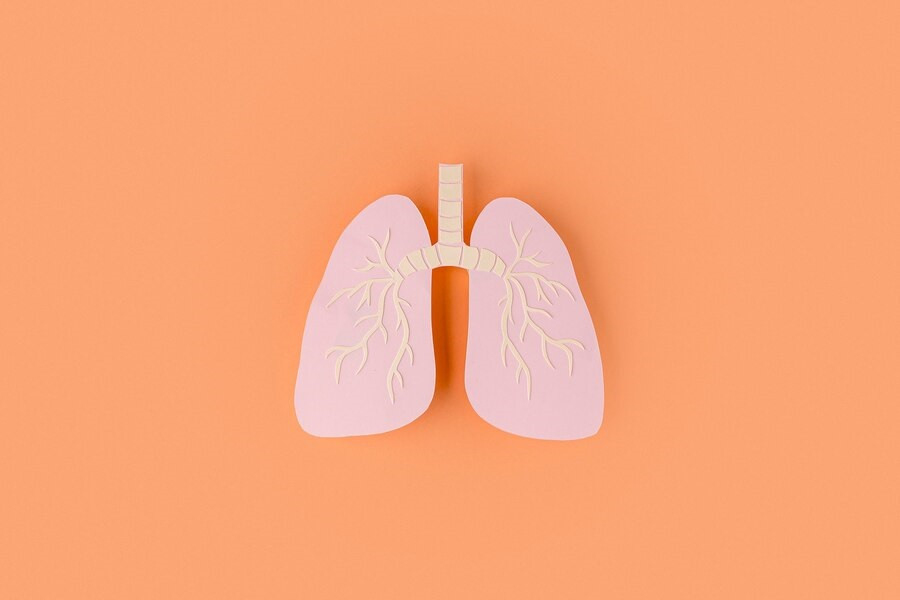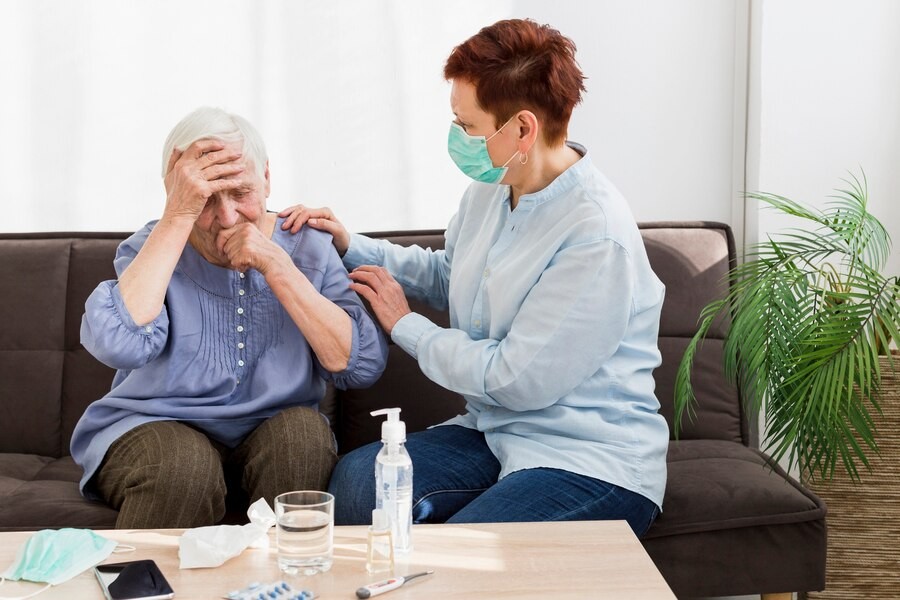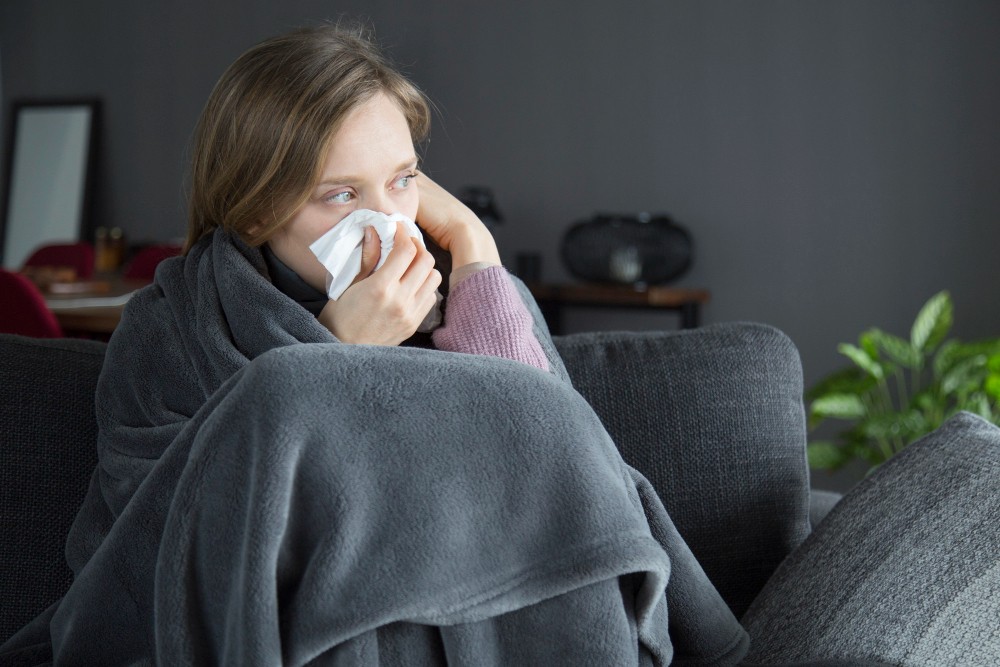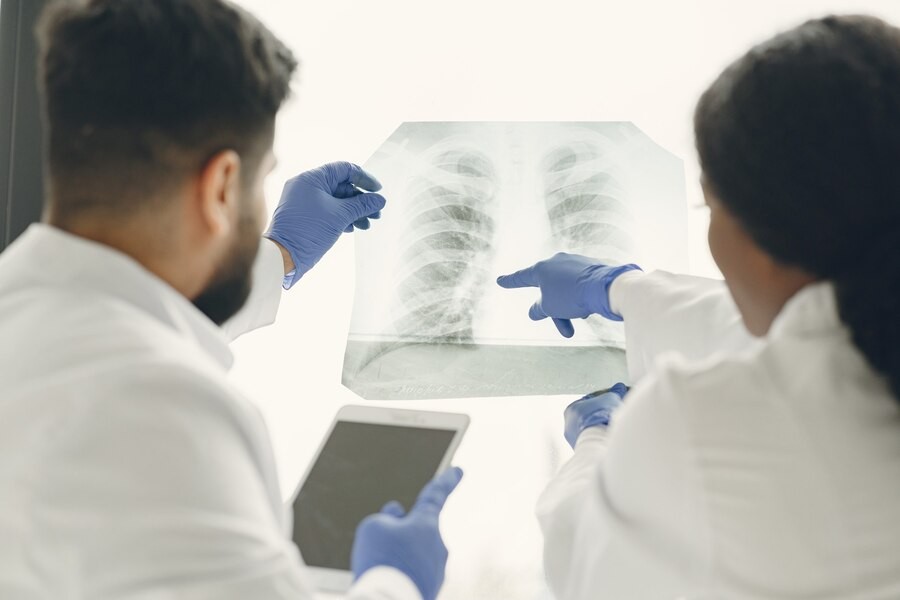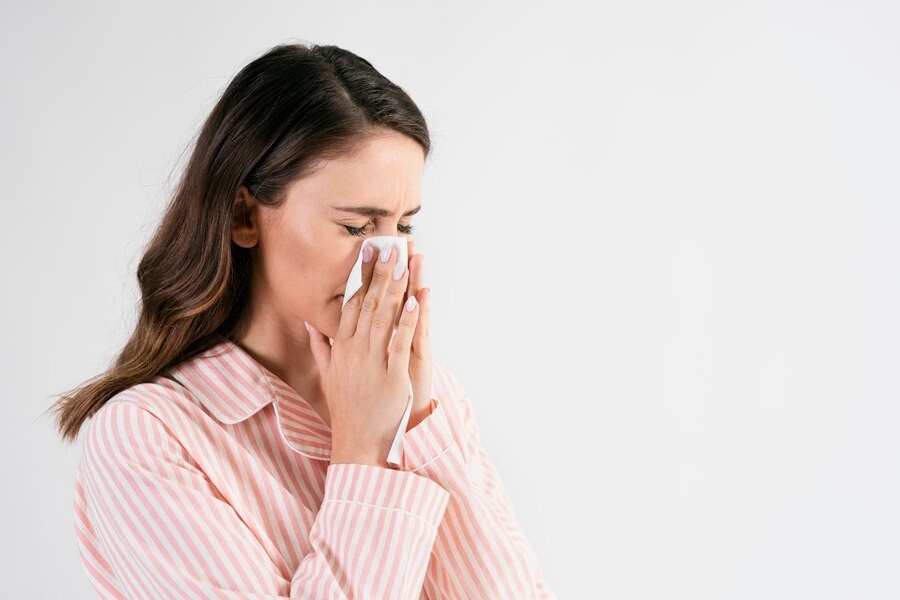The lungs are respiratory organs located in the chest, above the diaphragm. The lungs are responsible for exchanging gases, namely taking oxygen from the air and getting rid of carbon dioxide through breathing.
Pneumonia is the inflammation of the lungs, which can be caused by bacterial, viral, or fungal infections. When someone has pneumonia, the small air sacs in the lungs (alveoli) can become inflamed and filled with pus or fluid. This inflammation can interfere with the lungs' ability to function properly.
What is double pneumonia?
Pneumonia more often attacks one side of the lung. However, this infection can attack both lungs at once. Pneumonia that attacks both lungs is known as double pneumonia.
Similar to pneumonia in general, double pneumonia can be caused by bacterial, viral, or fungal infections.
In addition, double pneumonia can occur when a lung infection is not treated properly, so it spreads from one lung to another. This is possible because the lungs are very close together and the respiratory system is connected.
Read more: Bronkitical Differences With Pneumonia, Recognize Symptoms
Signs and Symptoms of Double Pneumonia
Double pneumonia and pneumonia in one lung share many similarities regarding symptoms. These may include:
- Hard to breathe
- Chest pain
- Cough
- Fever
- Rapid heartbeat and breathing
- Fatigue
- Nausea and vomiting
In seniors over the age of 65, other additional symptoms may also be felt, including:
- Confusion
- Changes in thinking ability
- Body temperature that is lower than normal temperature
- However, the symptoms of double pneumonia can vary, depending on the severity, age, and underlying health conditions.
However, the symptoms of double pneumonia can vary, depending on the severity, age, and underlying health conditions.
Read more: Recognize Signs And Symptoms Of Pneumonia In Children
Who is at risk of getting double pneumonia?
Pneumonia itself is a disease that is quite common in young children, the elderly, and people with certain health conditions. Most cases of pneumonia only attack one side of the lung. However, several risk factors cause pneumonia to attack both sides of the lungs, including:
Age
People aged over 65 years and very young tend to be more at risk of developing double pneumonia.
Malnutrition
Malnutrition can weaken the immune system and make the body more susceptible to infections, including lung pneumonia.
Smoke
Smoking can damage tissue in the respiratory tract, including the oral cavity, throat, bronchi, and lungs. This damage can make the lungs more susceptible to infections, including pneumonia. Toxic substances in cigarette smoke can damage and weaken the immune system. With a weak immune system, the body is easily infected with various infections.
In addition, smoking can accelerate the development of antibiotic resistance, which makes treating pneumonia more difficult and complex.
History of lung disease
Other lung diseases such as asthma, chronic obstructive pulmonary disease (COPD), or cystic fibrosis can increase the risk of developing pneumonia on both sides of the lungs. A history of other lung diseases can disrupt the lungs' natural defense mechanisms against infection, reduce the quality of mucus that carries phlegm, and reduce the function of the immune system.
Weak immune system
A weak immune system makes you more susceptible to pneumonia and other infections. Several conditions can weaken the immune system, for example, HIV/AIDS, autoimmune diseases, consumption of immunosuppressant drugs, and certain medications.
If you think you might be suffering from pneumonia, it's recommended that you see a doctor for a definitive diagnosis and appropriate treatment. Timely care is essential to prevent complications, including the development of double pneumonia.
Need more information about pneumonia? Use our health consultation services by downloading the Ai Care app from the App Store or Play Store.
Want to know more information about other diseases? Click here!
- dr. Yuliana Inosensia
www.medicalnewstoday.com. (n.d.). Double pneumonia: Symptoms, treatments, and causes. [online] Available at: https://www.medicalnewstoday.com/articles/320164.
National Heart, Lung and Blood Institute (2022). Pneumonia | NHLBI, NIH. [online] www.nhlbi.nih.gov. Available at: https://www.nhlbi.nih.gov/health/pneumonia.
Healthline. (2017). Double Pneumonia: Symptoms, Treatment, and Prognosis. [online] Available at: https://www.healthline.com/health/double-pneumonia.
Cleveland Clinic (2022). Lungs: Location, Anatomy, Function & Complications. [online] Cleveland Clinic. Available at: https://my.clevelandclinic.org/health/body/8960-lungs.
American Lung Association (2023). How Lungs Work | American Lung Association | American Lung Association. [online] www.lung.org. Available at: https://www.lung.org/lung-health-diseases/how-lungs-work.
Foolchand, A., Ghazi, T. and Chuturgoon, A.A. (2022). Malnutrition and Dietary Habits Alter the Immune System Which May Consequently Influence SARS-CoV-2 Virulence: A Review. International Journal of Molecular Sciences, [online] 23(5), p.2654. doi:https://doi.org/10.3390/ijms23052654.


